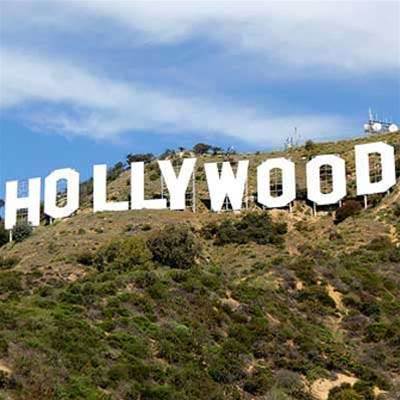AT&T has agreed to a US$85.4 billion (A$112.3 billion) takeover of Time Warner, in the boldest move yet by a US telco to acquire content to stream over its network to attract a growing number of online viewers.

The biggest deal in the world this year will, if approved by regulators, give AT&T control of cable TV channels HBO and CNN, film studio Warner Bros and other media assets.
The tie-up will likely face intense scrutiny by US antitrust enforcers worried that AT&T might try to limit distribution of Time Warner material.
AT&T will pay US$107.50 per Time Warner share, half in cash and half in stock, worth US$85.4 billion overall, according to a company statement. AT&T said it expected to close the deal by the end of 2017.
Dallas-based AT&T said the US Department of Justice would review the deal and that the companies were determining which Federal Communications Commission licenses, if any, would be transferred to AT&T in the deal.
US lawmakers were already worried about cable company Comcast's US$30 billion acquisition of NBCUniversal, and several argued for close regulatory scrutiny of the AT&T deal.
"Such a massive consolidation in this industry requires rigorous evaluation and serious scrutiny," said US senator Richard Blumenthal, senate judiciary committee member and former attorney general of Connecticut.
"I will be looking closely at what this merger means for consumers and their pocketbooks."
US Republican presidential nominee Donald Trump said at a rally he would block any AT&T-Time Warner deal if he wins the November 8 election.
Trump has complained about media coverage of his campaign, especially by Time Warner's CNN.
"It's too much concentration of power in the hands of too few," Trump said.
Representatives of his Democratic rival, Hillary Clinton, did not immediately respond to a request for comment.
Content plus delivery
AT&T, whose main wireless phone and broadband service business is showing signs of slowing, has already made moves to turn itself into a media powerhouse. It bought satellite TV provider DirecTV last year for US$48.5 billion.
It had about 142 million North American wireless subscribers as of June 30, and about 38 million video subscribers through DirecTV and its U-verse service.
New York-based Time Warner is a major force in movies, TV and video games. Its assets include the HBO, CNN, TBS and TNT networks as well as the Warner Bros film studio.
The company also owns a 10 percent stake in video streaming site Hulu. The HBO network alone has more than 130 million subscribers.
AT&T chief executive officer Randall Stephenson said owning Time Warner and all its content will provide a greater competitive advantage than just continuing to license it.
Talks between Stephenson and Time Warner CEO Jeff Bewkes began in August, they said. "Jeff and I both had a vision that if you put these two together, you could innovate much faster," Stephenson said.
Bewkes, who rejected an US$80 billion offer from Twenty-First Century Fox in 2014, will stay on for an open-ended period of time to help with the integration.
Stephenson called the deal "vertical" rather than "horizontal" and played down regulatory hurdles.
"There's no competitor being removed from the marketplace, there's no competitive harm that is being rendered by putting these two companies together," Stephenson said.
"So any concerns by the regulators, we believe, will be adequately addressed by conditions, that's our anticipation."
Time Warner must pay AT&T US$1.725 billion if it finds a different buyer. If regulators block the deal, AT&T must pay Time Warner US$500 million, according to people familiar with the deal.
The telecom and media sectors have been consolidating. In addition to Comcast's purchase of NBCUniversal, AT&T's largest competitor Verizon Communications is in the process of buying internet company Yahoo for about US$4.8 billion.
Content for 5G
Owning more content gives cable and telecom companies bargaining leverage with other content companies as customers demand smaller, hand-picked cable offerings or switch to watching online.
New mobile technology including next-generation 5G networks could make a content tie-up especially attractive for wireless providers.
"We think 5G mobile is coming, we think 5G mobile is an epic game-changer," Rich Tullo, director of research at Albert Fried & Co, said in a research note, adding that mobile providers would be in position to disrupt traditional pay TV services.
A previous Time Warner blockbuster deal, its 2000 merger with AOL, is considered one of the most ill-advised corporate marriages of all time.


_(28).jpg&h=140&w=231&c=1&s=0)
_(33).jpg&h=140&w=231&c=1&s=0)
_(20).jpg&h=140&w=231&c=1&s=0)
.png&h=140&w=231&c=1&s=0)





 iTnews Executive Retreat - Security Leaders Edition
iTnews Executive Retreat - Security Leaders Edition
 iTnews Benchmark Awards 2026
iTnews Benchmark Awards 2026
 iTnews Cloud Covered Breakfast Summit
iTnews Cloud Covered Breakfast Summit
 The 2026 iAwards
The 2026 iAwards











_(1).jpg&h=140&w=231&c=1&s=0)



